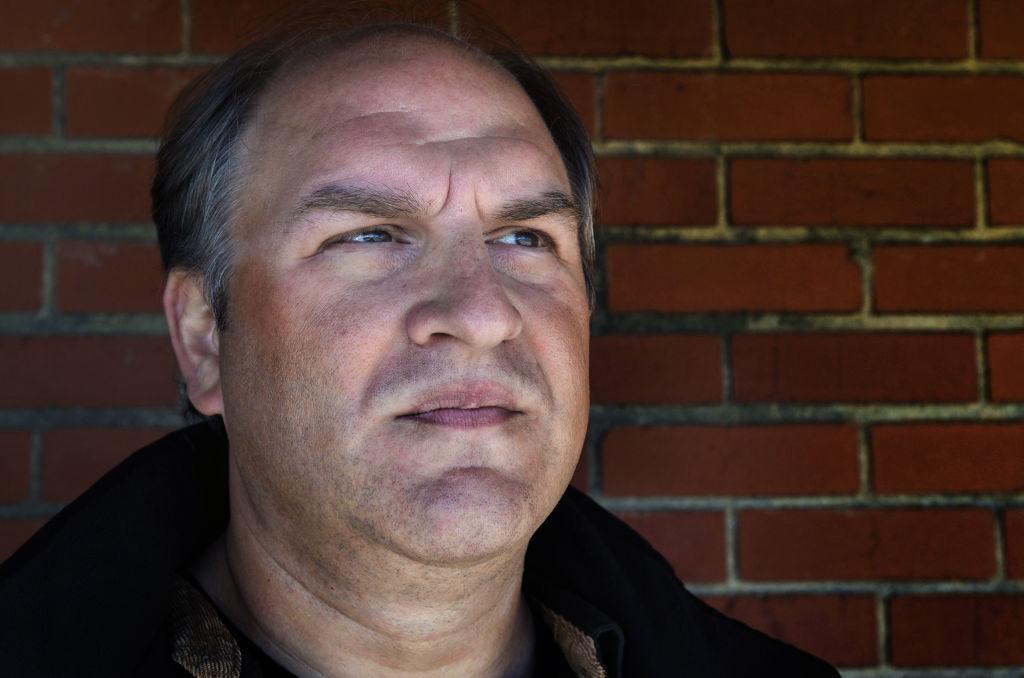
Employers will have to meet a higher standard to deny religious accommodations in the workplace, the Supreme Court ruled unanimously on Thursday.
The court clarified a previous legal standard that only required employers demonstrate a de minimis (minimal) cost to deny a worker’s request for a religious accommodation; it now says that employers must “show that the burden of granting an accommodation” has “substantial increased costs in relation to the conduct of its particular business.”
Groff v. DeJoy rose to the Supreme Court after a Christian former postal worker living in rural southeast Pennsylvania sued the post office. Gerald Groff argued that his job did not allow him to observe Sabbath on Sundays and punished him when he did not work those days.
Read More: The Post Office Made a Christian Employee Work on Sundays. Now He’s at the Supreme Court
Now, it’s not just observance of the Sabbath that will be affected by the Supreme Court’s ruling, but all sorts of religious accommodations tied to scheduling, dress, and even abortion. That could include the ability for a Muslim woman to wear a hijab or a Christian person to attend Sunday church or an employee’s decision to refuse vaccines on religious grounds. “A bevy of diverse religious organizations has told this Court that the de minimis test has blessed the denial of even minor accommodation in many cases, making it harder for members of minority faiths to enter the job market,” Justice Samuel Alito wrote in the opinion of the court.
“This decision is especially important for religious minorities, like Muslims, Jews, and Sikhs, who are predominantly the plaintiffs in these cases,” says Joshua McDaniel, director of Harvard University’s Religious Freedom Clinic, who submitted an amicus brief on behalf of the Muslim Public Affairs Council in support of Groff’s position. He points out that Muslims make up less than 1% of the general population but bring more than 18% of all Title VII religious accommodation claims. “This decision will give those religious minorities a fair shot in court and, one would hope, encourage more employers to adopt more inclusive workplace policies so that religious employees won’t have to choose between their livelihood and their faith,” McDaniel says.
Other experts argue expanding religious accommodations for employees could also be harmful. “We should not overlook that the Christian conservative legal movement brought this case and what they want is to allow pharmacists to refuse to fill prescriptions for contraception, teachers to misgender students, and Christians to proselytize to their co-workers,” says Elizabeth Sepper, a law professor at the University of Texas at Austin and expert on religious liberty. “These cases fill the federal dockets, and so the real question is what will the lower courts do with a new standard that emphasizes that businesses must take on substantial, not minimal, costs to accommodate religious practices of employees.”
Read More: Louis DeJoy’s Surprising Second Act
The historical standard for religious accommodations draws from Title VII of the 1964 Civil Rights Act, which requires employers to show that an employee’s request for religious accommodations would create an “undue hardship” in order to deny it. But the Supreme Court undercut this standard in 1997 when it ruled in Trans World Airlines v. Hardison that employers needed to prove they face more than a “de minimis” (minimal) cost to deny a religious accommodation.
Legal experts pointed out that most people understand “undue hardship” to mean more than just a minimal cost, even as some lower courts clung to this phrase. Now, the Supreme Court says interpreting Hardison primarily through the de minimis standard interpretation is a mistake.
“We hold that showing “more than a de minimis cost,” … does not suffice to establish “undue hardship” under Title VII. Hardison cannot be reduced to that one phrase,” Alito wrote. “We therefore, like the parties, understand Hardison to mean that “undue hardship” is shown when a burden is substantial in the overall context of an employer’s business.”
Legal experts say the court’s decision on Thursday sends a message to lower courts that they should no longer abide by the minimal cost standard. “The decision is a long overdue correction to an error that has eroded the protections that Congress enacted to safeguard workers’ rights from destruction by their employers,” says John Meiser, director of the Religious Liberty Clinic at Notre Dame Law School. “For decades, courts have permitted even the richest or most powerful employers to deny religious needs that would have cost next to nothing to allow.”
Still, the Supreme Court’s ruling might not help Groff. The U.S. Postal Service did make some accommodations for him—like initially allowing him to avoid Sunday shifts before staffing shortages—and his employers may have reached even the heightened standard, experts say. The local postmaster sometimes had to deliver mail himself and his coworkers had to take on more weekend shifts to accommodate Groff.
“Groff may not ultimately win. The postal service went to great lengths to attempt to accommodate him and their efforts may have been enough,” Sepper says.
More Must-Reads from TIME
- Cybersecurity Experts Are Sounding the Alarm on DOGE
- Meet the 2025 Women of the Year
- The Harsh Truth About Disability Inclusion
- Why Do More Young Adults Have Cancer?
- Colman Domingo Leads With Radical Love
- How to Get Better at Doing Things Alone
- Michelle Zauner Stares Down the Darkness
Write to Sanya Mansoor at sanya.mansoor@time.com